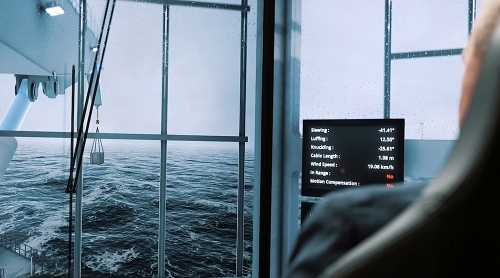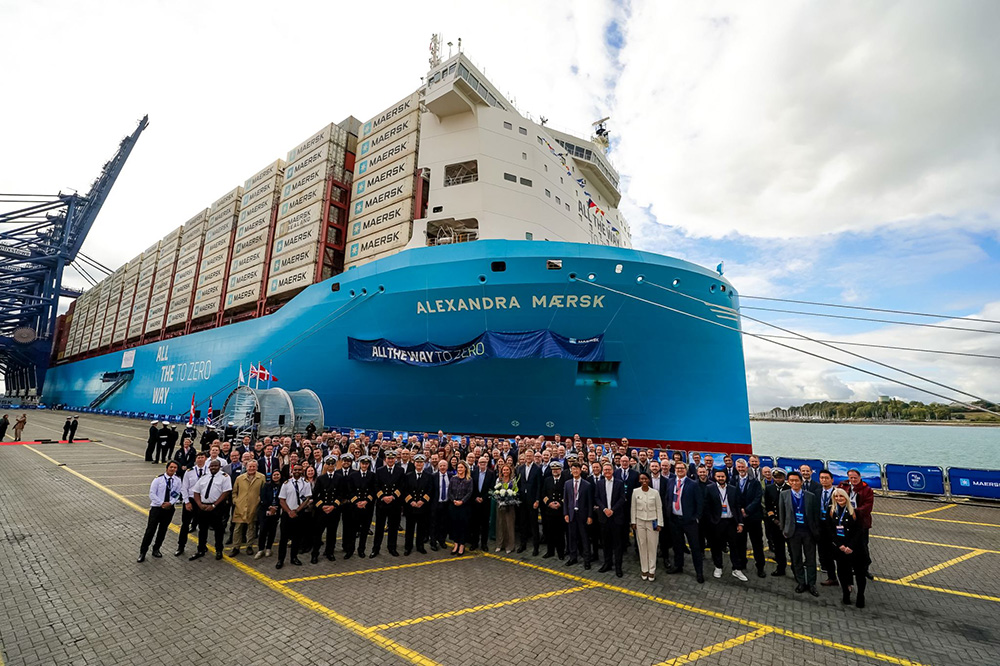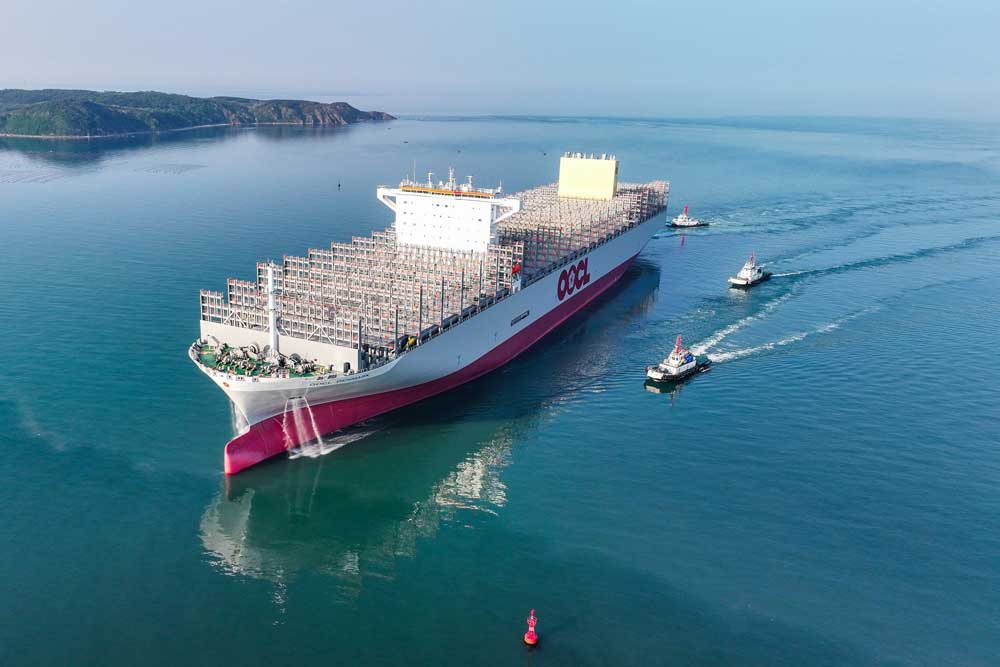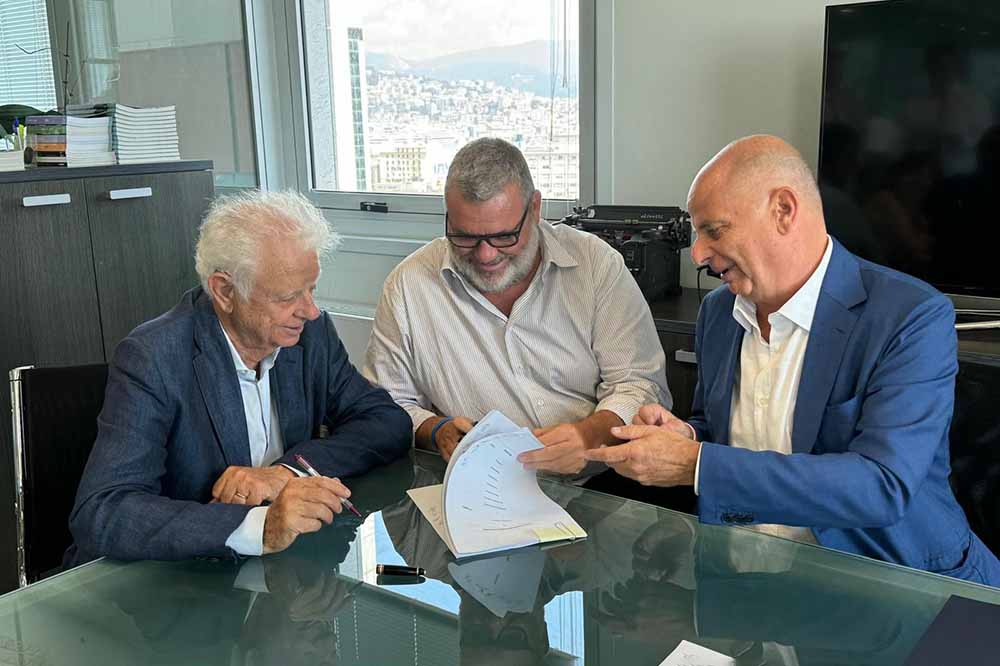The EU is aligning its Marine Pollution Directive with international standards. Those responsible for illegal discharges of pollutants are to be subject to “dissuasive, effective and proportionate” sanctions.
In order to ensure safer and cleaner shipping in the EU, the negotiators of the Council Presidency and the European Parliament have reached a provisional agreement on a revised Directive on ship-source pollution, which is part of the “Maritime Safety” legislative package. [ds_preview]
The proposal is part of the maritime safety package presented by the Commission on 1 June 2023. The five legislative proposals, including those on marine casualty investigation, flag state compliance, port state control and the European Maritime Safety Agency (EMSA), aim to modernize EU maritime safety rules and reduce water pollution from ships.
“The current EU rules do not work because they are poorly applied by Member States. Illegal discharges must be effectively detected and penalties must be set high enough to act as a real deterrent,” explained the responsible EU rapporteur Marian-Jean Marinescu (Romania) in November 2023.
“The seas and oceans are our common good. With these new rules, the EU will be at the forefront of clean shipping. We have found a compromise that will ensure cleaner seas in Europe while creating a level playing field for a dynamic shipping industry,” says Paul Van Tigchelt, Belgian Deputy Prime Minister and Minister for Justice and the North Sea.
Directive aims to create a level playing field for the maritime sector
The revised Marine Pollution Directive incorporates international standards into EU law to ensure that those responsible for illegal discharges of pollutants are subject to “dissuasive, effective and proportionate” sanctions. The aim is to improve maritime safety and better protect the marine environment from pollution by ships. By aligning EU regulations with international standards, the aim is also to create a level playing field for the maritime transport sector. In addition, implementation and enforcement are to be improved through increased cooperation between European and national authorities.
Main objectives of the revised directive:
- Extend the scope of the current Directive to cover illegal discharges of pollutants in packaged form, wastewater, waste and discharged waters and residues
- creating a strengthened legal framework for sanctions and their effective application, enabling national authorities to ensure dissuasive and consistent imposition of sanctions for pollution incidents by ships in all European seas
- separate administrative sanctions from the criminal sanctions provided for in the new draft Environmental Offenses Directive.
Key elements of the new legislation.
The general thrust of the Commission’s proposal has been retained by the co-legislators. However, the provisional agreement contains several amendments to ensure clarity and coherence with international rules and procedures, in particular those of the International Convention for the Prevention of Pollution from Ships (MARPOL), in the interests of protecting the marine environment.
Separation of criminal and administrative sanctions for marine pollution
In view of the different legal systems in the Member States, the provisional agreement also makes it clearer that the legislation in question concerns only administrative sanctions, thus drawing a clear dividing line between the scope of this Directive and that of the new draft law on environmental crimes.
Finally, the obligation for Member States to verify and report pollution incidents has, according to the European Council, been “handled flexibly in order to avoid excessive administrative burden and to take into account the different circumstances of Member States in terms of geographical location, resources and capabilities”.
The provisional agreement must be approved by both co-legislators prior to the formal adoption of the legal act by the European Parliament and the Council. Member States will have 30 months from the entry into force of the revised Marine Pollution Directive to transpose its provisions into national law.
















